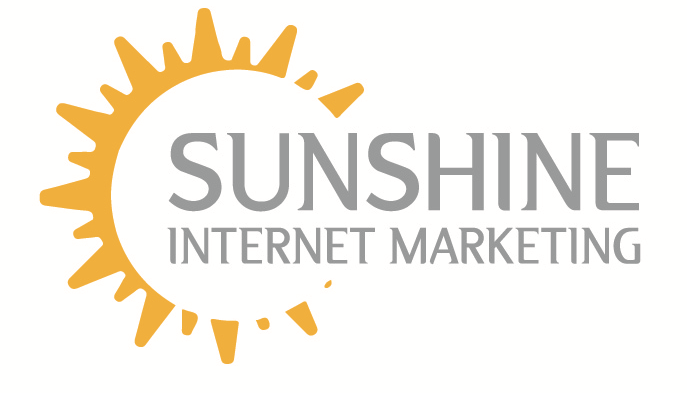Experience – Expertise – Authority – Trust

In December of 2022 Google added a new E to their web content quality ranking criteria. This new factor added to the previously used acronym is E for Experience. By including the term “experience,” E-E-A-T criteria now encompasses the content creator’s firsthand knowledge of the topic, thus expanding the scope of content quality evaluation. Google emphasizes that “trust” is the most critical element in E-A-T and serves as its core.
According to Google’s guidelines, content that demonstrates high levels of E-E-A-T is more likely to be considered high-quality and relevant to the user’s search intent. Experience focuses on the creators actual knowledge on the subject that they are writing about. Expertise refers to the content creator’s knowledge and experience in the relevant field, authoritativeness refers to the website’s reputation as a reliable source of information, and trustworthiness refers to the overall reliability and safety of the website and its content.
Google’s algorithm evaluates E-E-A-T by analyzing various signals, such as the content creator’s credentials, the reputation of the website and its contributors, the accuracy and completeness of the content, and the overall user experience of the website. By focusing on E-E-A-T, website owners and content creators can improve the quality and relevance of their content and increase their visibility in search results.
How can I improve my website’s EEAT to rank higher?
Improving your website’s E-E-A-T can help increase visibility in search results and build trust with your audience. Here are some ways to improve your website’s E-A-T:
- Experience: content creator’s firsthand knowledge of the topic being discussed.
- Expertise: Make sure that the content on your website is created by experts in the field. This can be demonstrated through author bios, professional qualifications, and industry recognition.
- Authority: Establish your website as a reliable source of information by linking to other credible sources, obtaining backlinks from reputable sites, and citing sources for your content.
- Trustworthiness: Create content that is accurate, unbiased, and free from errors or misinformation. Use secure website protocols (HTTPS) and provide clear and accessible contact information.
- User Experience: Ensure that your website is easy to navigate, loads quickly, and is accessible to all users, including those with disabilities. Use clear and concise language, avoid pop-ups or intrusive ads, and prioritize mobile responsiveness.
- Reviews and Testimonials: Encourage user feedback and display positive reviews and testimonials prominently on your website.
- Social Media Presence: Maintain an active and engaged social media presence that reflects your brand’s expertise, authority, and trustworthiness.
By focusing on these elements, you can improve your website’s E-A-T and build a strong reputation with search engines and users alike.
Contact eMax to learn more or connect to us on LinkedIn.





